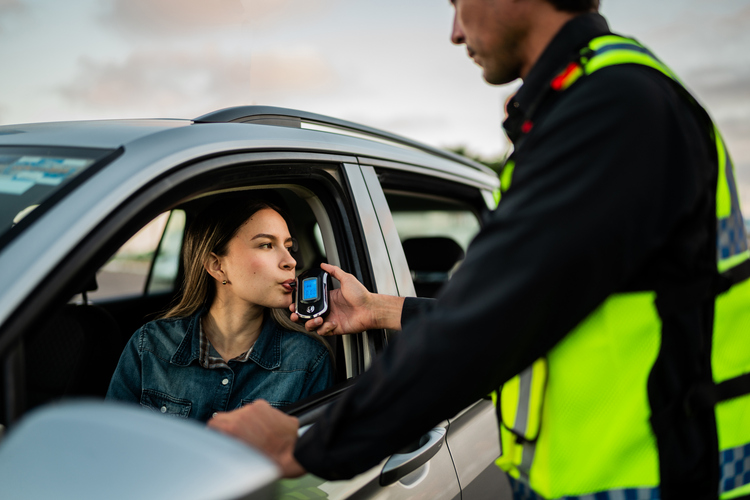In Pennsylvania, it is against the law to operate a boat while under the influence of alcohol and/or drugs. Those who do so may face the loss of their boating privileges, jail time, and stiff fines. If you face boating under the influence (BUI) charges anywhere in the state, you must understand your legal rights and what can be done in your defense. A Philadelphia Boating DUI attorney with The Law Offices of Steven Kellis can help at this critical time with legal representation that is highly experienced and exclusively focused on DUI and BUI cases.
Mr. Kellis and his Pennsylvania DUI attorneys have practiced in this field for over 25 years. He is a former senior assistant District Attorney who worked on DUI cases for the state. That means he thoroughly understands how your case will be put together and pursued by a DUI prosecutor. Furthermore, Mr. Kellis has handled hundreds of jury trials involving DUI and BUI.
As a courtroom-tested litigator, he knows how to argue on your behalf in court and thoroughly investigate and prepare your case beforehand. His skill has been recognized by the National Trial Lawyers Association, which named him one of the “Top 100 Trial Lawyers.” He has also received a Client Satisfaction Award for 2014 from the American Institute of DUI / DWI Attorneys.
What are BUI Charges in Pennsylvania?
The law concerning BUI in Pennsylvania was enacted in 1985 and includes all watercraft, from canoes and rowboats to yachts. It has been published in the Pennsylvania Fish and Boat Commission’s Boating Safety Handbook. According to this handbook, alcohol is prohibited in state parks, whether on land, water, or most U.S. Army Corps of Engineers projects.
In its publication, Drinking, Boating, and the Law, the Fish and Boat Commission further declares that “it is illegal to operate a watercraft on all the waters of the Commonwealth while under the influence of alcohol or a controlled substance.” You may also violate other laws, such as those prohibiting reckless operation of a boat, public drunkenness, or underage drinking.
Blood alcohol concentration (BAC) is the top factor when it comes to boating under the influence.
- A BAC of .08 percent or higher is, by law, considered impaired
- If your BAC measures .05 percent or more but less than .08 percent, you may be deemed impaired if other evidence exists against you
- For minors, the legal limit is .02 percent or higher. If a Waterways Conservation Officer (WCO) suspects you of BUI, you may be requested to perform sobriety tests or to undergo a preliminary breath test
Under the implied consent law, you are deemed to have consented to such testing as part of your boating operator privileges. If you refuse to submit to chemical testing when requested, you will lose your boating privileges for one year, and your refusal may be used against you as evidence in court. Those convicted of BUI face a fine of up to $7,500, a two-year prison term, and loss of boating privileges.
Arrested for BUI in Pennsylvania?
You don’t have to face the charges alone if you have been arrested for boating under the influence. Contact us today for expert legal advice from a Philadelphia Boating DUI attorney. Your initial consultation is free. Call now.


